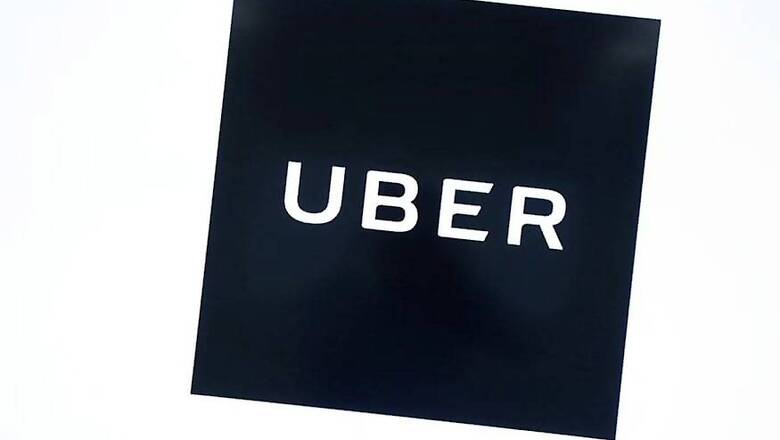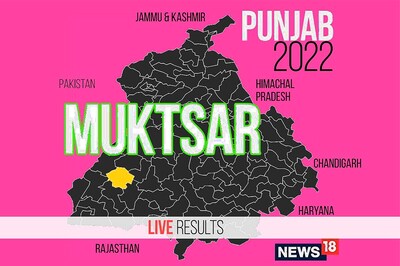
views
Uber Technologies Inc should be classified as the same type of transportation as limousines and tour buses, a California regulator said on Monday in a proposal that could change how the ride-hailing company is regulated in its home state.
A commissioner for the California Public Utilities Commission, who had been tasked with investigating and formulating a proposal on regulating Uber, said in her proposed decision that the San Francisco-based company should be classified as a charter-party carrier, a transportation category known as TCP.
The category includes services offering pre-arranged transportation that do not necessarily involve a smartphone app, such as a sightseeing tour, and the services must comply with certain licensing, insurance and inspection requirements.
As part of the proposal, Uber would be required to pay three years of back fees, the maximum allowed under state law, although the decision published Monday did not specify an amount. There will be a period for public comment before the commission votes on the proposal.
The proposal found that Uber qualified as a TCP because it "exercises extensive control" over its drivers and passengers, and is not merely a technology company but rather is integral to the transportation of people. Uber built the software for hailing a ride, it calculates fares and bills riders, and conducts criminal background checks on drivers and inspections on vehicles.
The decision does not pertain to San Francisco-based Lyft Inc, Uber's biggest rival in California.
A spokesman for the CPUC declined to comment on the details of the proposal or its regulatory implications. An Uber spokesman said the company was still reviewing the proposal and plans to file a response.
The decision comes the day after a crash in Arizona in which an Uber self-driving car hit and killed a woman crossing the street, marking the first fatality caused by an autonomous vehicle.
It was not immediately clear how Uber's business would be affected if the commissioner's proposal is enacted, but TCPs have specific requirements for alcohol and drug testing and workers' compensation that could affect Uber's relationship with its independent contractor drivers.
The ruling said Uber has been operating as a TCP since at least October 2010, around the time it started in San Francisco.
Also Watch




















Comments
0 comment